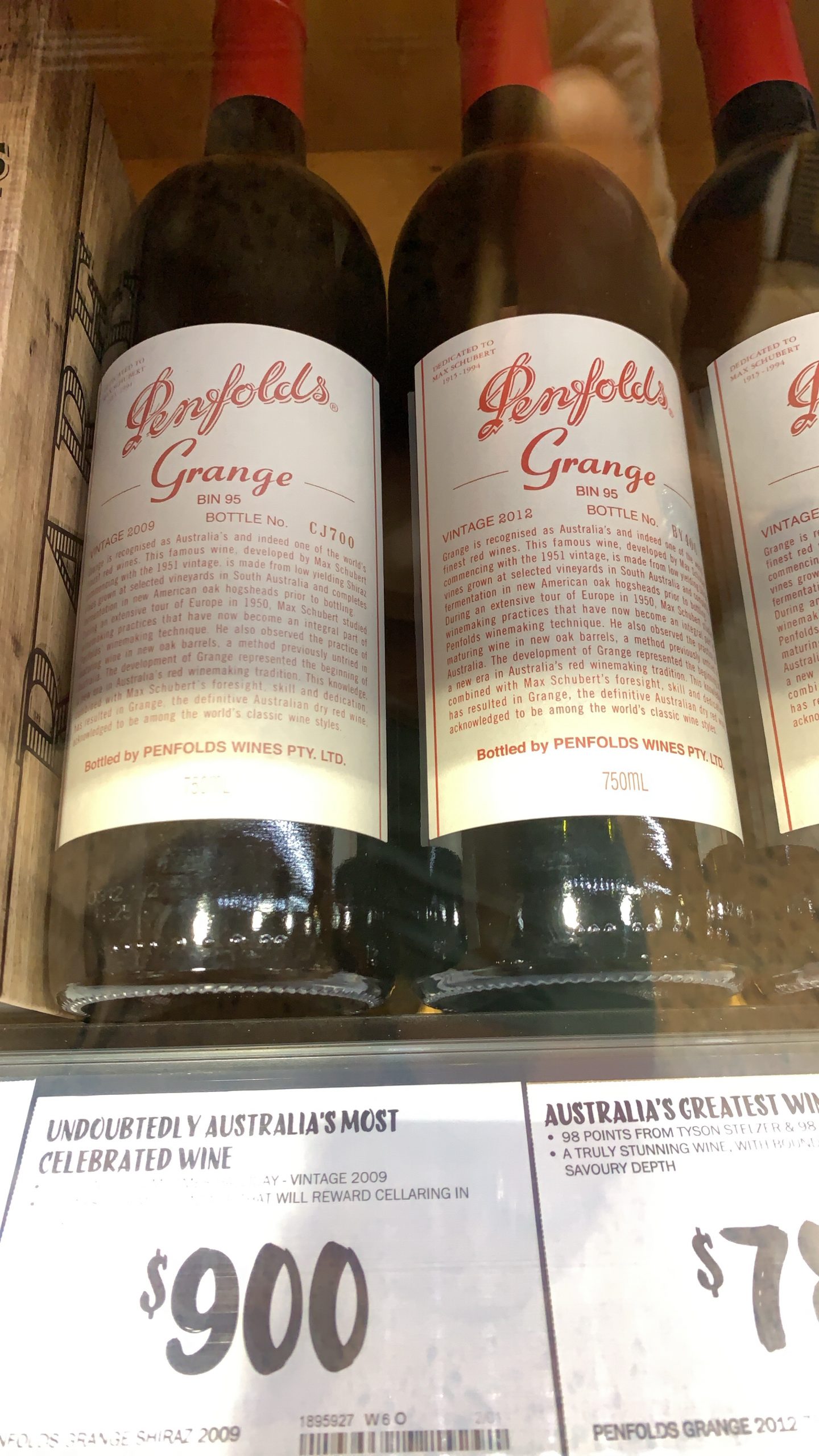How easy was it for you to learn your source language? (Assuming, of course, most of us are translators who translate into our native language). I had always assumed native bilingual kids had it easy, until my tri-lingual friend (David) from Chiang Mai explained that each of the languages he spoke (French, English, Thai) were learned in their own microcosm without any direct link to one another. I, on the other hand, had been uprooted from Australia by my parents at the age of 15 and put into an American (missionary) international school in Chiang Mai, Thailand. David demonstrated how every Thai word I learned had to be translated from English, so they were linked, whereas he’d learned each language independently since birth. Apparently this is why it’s more difficult for native bilinguals to translate – there isn’t an obvious bridge linking each word in the languages. What do you think?
My translation success always gets dismissed by other translators as being because I’m ‘lucky to have that language combination’. (If you didn’t already know, I’m a Thai to English translator). Apparently there’s just too much competition in their language pair, there are too many bottom feeders, too many non-certified translators, MT is just too good, excuse after excuse… Success is out there waiting for everyone, don’t try to discount my efforts in an attempt to justify your own lack of impetus!
So, what was it like for me learning Thai as an Aussie teenager? Put quite frankly, I had to put myself out there and challenge myself to make non-English speaking friends. Those days were tough. There was a feeling of absolute powerlessness and stupidity that I hated but had to be willing to accept when sitting in social groups, as the only one not knowing what was being said. I think we really have to expose ourselves to this sort of vulnerability in order to strengthen ourselves for future endeavours.
I was lucky in one sense, because I started my schooling in Thailand in the grade 11 class at CMIS. Learning Thai was a compulsory subject at school but there were no basic classes at my age-level, so I went straight in with the advanced class. I remember on the first day, the teacher (Kru Worawan) promised my classmates bonus points for every new Thai phrase they taught me. Day two and a boy in my class had me saying ‘phom rak khun’ to which he explained meant ‘I like school’. ‘Rak khun’ I thought sounded a lot like raccoon, so it was easy to remember. Next lesson, there I stood in front of the 15 or so other students and said to my teacher, proudly and confidently, the phrase that I’d learned, ‘I love you’, and the whole class burst out with laughter. Kru Worawan blushed shyly as she explained what I’d actually said! This experience was another driver that would help to make sure I’d never have to go through that again!
Complimenting the Thai I picked up with my skater friends outside of school with formal lessons really boosted the speed at which I picked up the language. That, along with the drivers mentioned above, and of course the principal motivation that any 15-16 year old boy typically has (to talk to girls), meant I was fluent in no time. Was this easy? No! Did I have to work harder than anyone else? Yes! Thai language is particularly difficult because unlike most East Asian or Southeast Asian languages, it hasn’t gone through a process of simplification or Latinisation of its script.
People like to learn swear words, so an easy one to learn is ‘arai wa’, or ‘what the #%$* ?’
Actually, Thai was so fucking hard to learn. Most non-natives end up sounding like idiots when they speak it. I guess it’s the same with gringos speaking Español but Thai has the added complexity of tones. If your intonation just went up instead of going up and back down again, you might be saying something completely different. An interesting caveat for Thai learners is you can’t use vocal tones to express emotions (e.g. excited, angry, harsh tones) like we do in English. To express emotions, you just need to add words to the end of the sentence. For masculine speakers, three examples are krub, ja, and wa. To say krub at the end of the sentence means you’re being polite. To say ja at the end means you’re being sweet or flirtatious, and wa means you’ve got a problem (or are best friends swearing at each other). People like to learn swear words, so an easy one to learn is ‘arai wa’, or ‘what the fuck!’ Fortunately, I don’t have such a bad farang accent. But it’s not totally natural either, as I started when I was already a teenager.
I did a four year bachelors degree in Thai studies. I started off at the Australian National University (ANU), got homesick for Thailand so went back, then after a one year internship finished the degree at Mae Fah Luang University (MFU) in Chiang Rai. I’d become a TCK, or a third culture kid who, while in Australia, had the worst culture shock going from tropical Thailand 40°C summer to Canberra -4°C winter. What made things emotionally tricky was that I had been experiencing post-traumatic stress disorder, after earlier in that year (before moving back to Australia) having collided with a drunk motorbike rider while riding home one night. When I got to Canberra, it was not an easy place to be, so far from all my loved ones and family. It’s where Australia’s parliament is located and I bet many of our representatives experience that same kind of loneliness when they arrive at Australia’s Capitol Hill, hence their often stupid decisions. Nevertheless, I finished a BA in Thai language and culture then started working in the International Affairs Division at MFU, that’s when I began moonlighting as a freelance translator, and enrolled in a Master of Studies back at ANU.

What would you do on USD 900/month? While this was a ‘generous’ salary for Thailand, it was pretty limiting so I decided to put my language skills to work. There are some who are passionate about language and that’s why they love translating. I must be the minority who chose to do it for the money. I admit, I am very talented but I am unapologetically a translator for the money. I’d always planned to do aid or NGO work but after finishing my ANU masters, my translation work increased tenfold! Back to the early days before that though, when I was working at MFU the salary was crap (30,000 baht). I found that I could earn 100 baht/page (USD 3/page) translating, and I figured if ten pages is 1/30th my monthly salary, I can do 300 pages a month and that would equal it! Thai project managers loved me, they sent me heaps of work and I built up a wealth of knowledge and experience. I utilised tech from the very beginning (some of my old ProZ.com posts reveal this naivety), and soon realised that I should be focused on the international market, not the Thai market where even at 1 baht/word I was undervaluing myself. Workload at this time was probably comparable with now: full time day job, moonlighting as a translator and doing masters degree off-campus while supporting my wife and kid.
The trick is to know your limits. How far can you push yourself, how much work can you handle? You might be surprised, not when you’re asked to deliver 20k words within 24 hours and can deliver with 5 minutes to spare, but when you handle the same kind of workload next time just as well. Being ‘busy’ is completely relative to everyone’s normal status quo.
My ‘lucky language combination’ was a challenge to achieve. There are only 70 million or so speakers of Thai and the country is administered so badly and officials are so incompetent and corrupt that business is far from prospering. This, combined with so many Thai translators willing to work for peanuts, even the Thai-based Southeast Asian Association of Professional Translators and Interpreters @ProtiSea recommends members charge USD 0.045/word to international clients…Disgraceful! Thai is a difficult to learn, small language, with competitors ready to charge 1/4 of your rates, please tell me how this is lucky?
The trick to earn big bucks, I think for any language combination, is to offer premium service and premium quality and don’t settle for anything else. While I’m getting big name direct clients these days, that’s not necessarily the only way. Pick any one of (or all) the world’s translation mega-agencies (TPT, RWS, LB), give them your full dedication and they’ll reward you very handsomely. Of course, you’ll have to pass their tests and do training but it’s worth it if you can get in!
To finish this blog today, luck has nothing to do with it. I mentioned ProZ.com, but I should’ve said more about it being instrumental for getting all my international clients. I’ll write more on it another time. There were also a few more details about our return to Aus and I barely introduced my wife and our kids! We all have the capacity to accomplish great things, just keep at it!
Peace, DJH








Appi
Hence the saying, “You create your own luck”!
Luck itself doesn’t help much – I’d say this was a lot of drive, determination and constant self-improvement.
(Also love that your principal motivation to learn Thai was to talk to girls! LOL!)
Dylan Hartmann
There’s no denying that! I was a ‘normal’ teenager once upon a time (albeit in a foreign land). One of the first indicators of my own comprehension levels was when I could sit through a Thai soapie and actually understand what was going on. That was a pretty big leap!